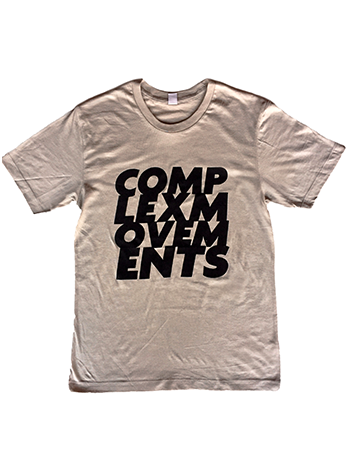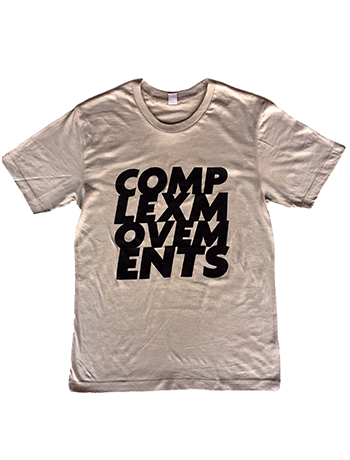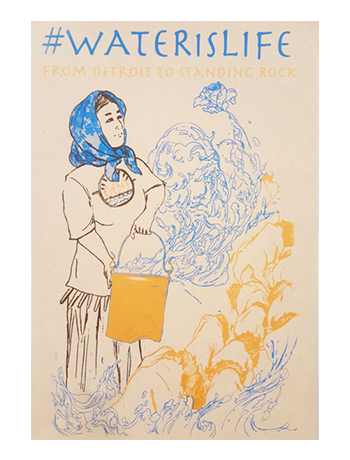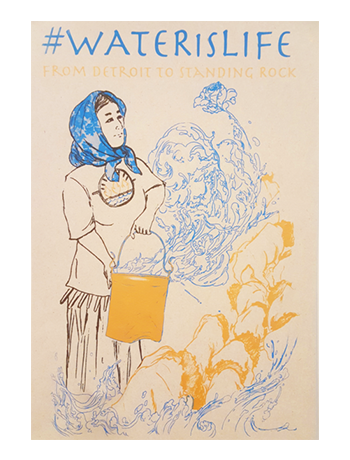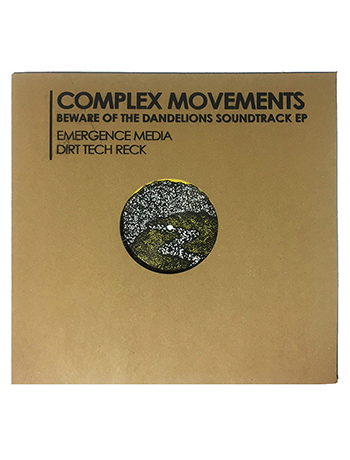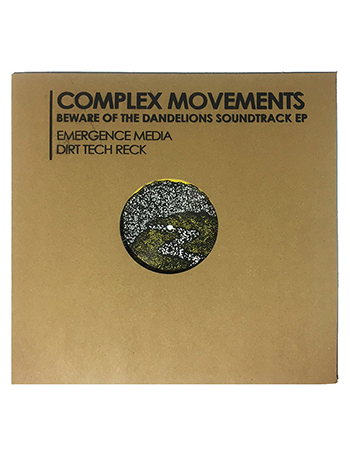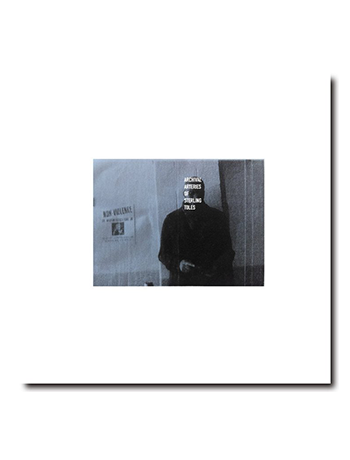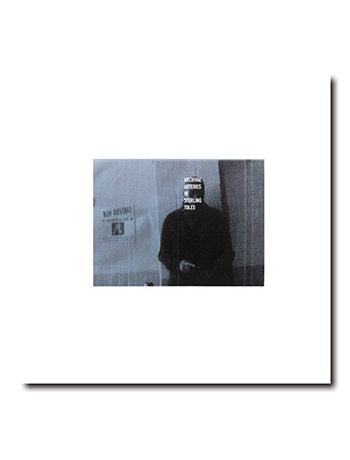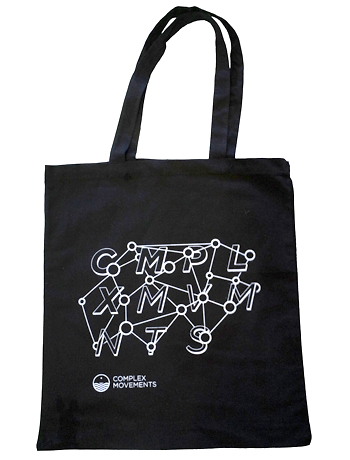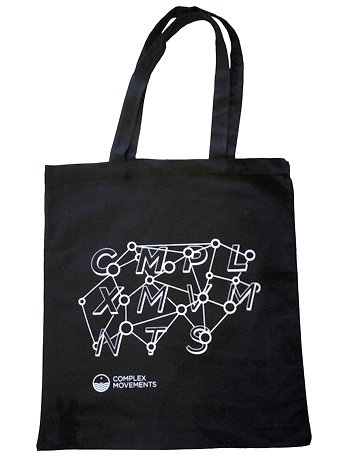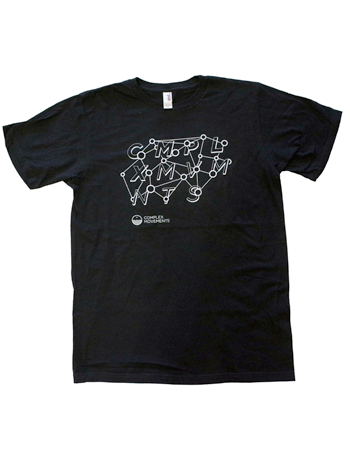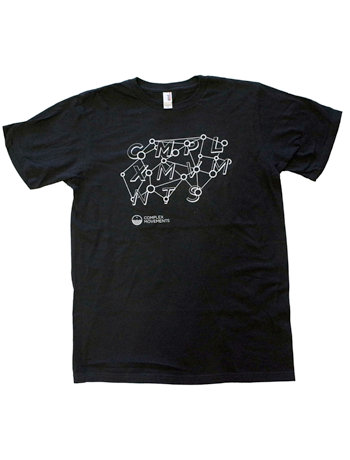#Justice4Rasmea
Rasmea Odeh is a Palestinian-American woman who was targeted by the US government for her activism and community leadership. She was put on trial, convicted, and imprisoned in Detroit last November 2014, and then released from prison in December 2014. Rasmea's sentencing hearing is Thursday, March 11 in Detroit. There is an action being planned in her support – details below.
The #Justice4Rasmea video was filmed and edited by ill/invincible while they participated in these actions.
Support Rasmea Odeh this week:
- An Evening with Rasmea: Fundraiser in Support of Community Leader and Activist (March 11 - Arab American National Museum - Dearborn)
- All Out for Rasmea (March 12 - Eastern District Courthouse - Detroit)
More information about Rasmea and actions in her support…
From the U.S. Campaign to End the Israeli Occupation:
The national Rasmea Defense Committee is calling for people to join them on Thursday, March 12 at 10:00am to support her as she faces sentencing after being found guilty of “unlawful procurement of citizenship” last November for not indicating on her naturalization application that she had been unjustly imprisoned by the state of Israel back in 1969.
Register here if you can attend the sentencing hearing, which will be at 231 W Lafayette Blvd, Detroit, MI 48226.
The prosecution is asking for an enhanced sentence of 5-7 years in prison for Rasmea, who is 67 and a torture survivor. The vast majority of those convicted of Unlawful Procurement of Naturalization are sentenced to no more than 21 months. Rasmea's defense attorneys are arguing that she shouldn't be imprisoned for even one more day, and more than 70 important academics, activists, and community leaders who have written to Judge Gershwin Drain agree.
Rasmea will be appealing the conviction regardless of the outcome of the sentencing, so visit justice4rasmea.org to learn more about her case and other actions you can take.
We also recommend reading this brilliant article by Emergence friend and comrade Nadine Naber. These ideas relate to Emergence and Complex Movements' principles of collective organizing:
If Odeh’s life work challenges us to think beyond individualist organizing models, then how can we apply this to the ways we represent her, support her, and work towards her liberation?
On the one hand, there is a need to isolate her case. She is a pillar of the community, and that is exactly why the government is targeting her. But who she is cautions us against fetishizing her — not only in order to challenge gender and social hierarchies and the harmful role of personality cults in progressive politics, but also to challenge the potential of social movements to fetishize Palestinian individuals and communities (in Palestine or the diaspora).
Let us continue to lift Odeh up precisely because she has never labored to gain a platform of her own, to stand on a pedestal over others, or to become a celebrity. Instead, she meticulously crafted and protected organizing spaces so that more and more people could come in and gain strength.
Pulling Odeh into the cyclone of fetishization will only do her and her struggle a huge disservice. Continuing her legacy requires growing a politics of the collective as we organize tirelessly for her release and for her appeal, as part and parcel not only of her liberation but also of ours — and Palestine’s.
Read more: "Organizing After the Odeh Verdict by Nadine Naber".

Next →
← Previous



